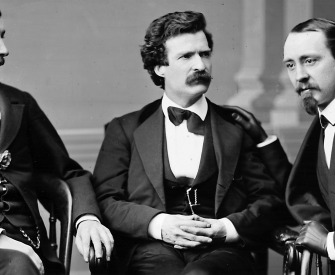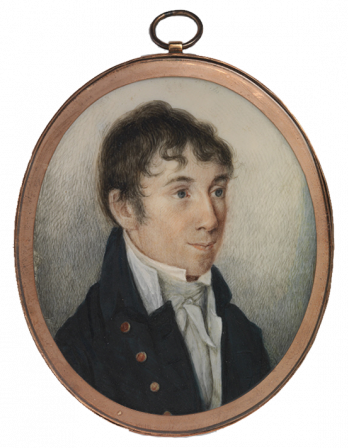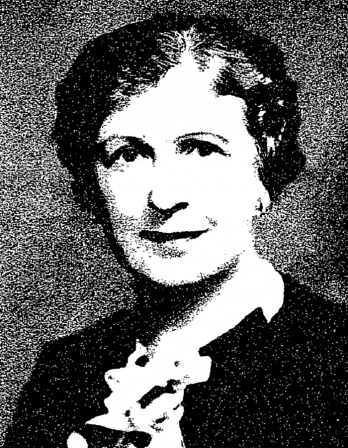To teach is to learn twice over.
—Joseph Joubert, 1805Homeroom
Cesar Chavez finds a cold welcome at school.
I never liked school. They made me go, so I went, but they always had to push me to go. It wasn’t the learning I hated but the conflicts. The teachers were very mean. I also didn’t like sitting in the classroom. I was bored to death. I’d just go to sleep. Once, the teacher even sent a note home saying I was ill, that I had to be taken to the doctor because I was always falling asleep.
Every day it was the same routine. We got up pretty early, and I did several hours’ work getting water from the canal, taking care of the animals, gathering eggs, the usual hard work on a farm. Then I had to get ready, wash myself, and comb my hair. I didn’t like to comb it, and I didn’t like to wear shoes. Now I can’t walk without them, my soles are too tender, but it didn’t bother me then. I wore them only for school. The moment I got out of the schoolyard, I’d take my shoes off and put them over my shoulder, leave them someplace, and I couldn’t remember in the morning where I had dropped them. I would leave for school, forget something, and come back. Mother would say, “Come on, it’s late!” and I’d go and come back again. I was late most of the time.
It was very cold, too, in winter, dropping below freezing at night. Those icy, dry winds bit viciously, and going to school on those cold mornings was painful. We didn’t have warm clothing, and the piercing winds sliced through us like a scythe through grass. We would go from our home to our aunt’s house and try to warm up a bit. Then on to our uncle’s house, where we would try to thaw out before dashing to our cousin’s house, and then to the school, which was down in the valley a good mile from our house. Every stop seemed to make the next lap colder, more cutting. In class our faces and hands would sting, then tingle for a while. Luckily the sun always routed the cold, and we would soon forget how we had shivered.
The school, which had three classrooms, was a tall, old wooden building in the shape of a T. Inside were old desks with initials carved all over, mostly those of my older cousins. When the bell rang, about two hundred students lined up on the walkway between the tamarack trees and marched in to the desks. That bell, mounted in a small belfry on top of the peaked roof, sounded like a church bell across the valley, and my favorite sound was the last toll. They’d say, “Dismissed,” and I’d just get up and start running.
In class one of my biggest problems was the language. Of course, we bitterly resented not being able to speak Spanish, but they insisted that we had to learn English. They said that if we were American, then we should speak the language, and if we wanted to speak Spanish, we should go back to Mexico.
When we spoke Spanish, the teacher swooped down on us. I remember the ruler whistling through the air as its edge came down sharply across my knuckles. It really hurt. Even out in the playground, speaking Spanish brought punishment. The principal had a special paddle that looked like a two-by-four with a handle on it. The wood was smooth from a lot of use. He would grab us, even the girls, put our head between his legs, and give it to us.
But I could take the spanking. What was worse was mispronouncing a word or making a grammatical mistake. With my Spanish accent and background, I couldn’t avoid that. I’d get embarrassed, and that hurt more than the paddling. Some teachers were really cruel, while a few—a very few—were understanding.
It’s a terrible thing when you have your own language and customs, and those are shattered. I remember trying to find out who I was and not being able to understand. Once, for instance, I recall saying I was a Mexican. The teacher was quick to correct me. “Oh, no, don’t say that!” she said. But what else could I say? In a nice way she said, “You are an American. All of us are Americans,” and she gave me a long explanation I couldn’t understand. I went home and told my mother, “Mama, they tell me I’m an American!” To me an American was a white man. My mother couldn’t really give me a satisfactory answer either. She said I was a citizen, but I didn’t know what a citizen meant. It was too complicated.
Yet it was not something that I could dismiss or forget. There were too many reminders, too many times I would be called a Mexican in tones of ridicule or contempt.

Cesar Chavez
From Cesar Chavez: Autobiography of La Causa, which the journalist Jacques Levy wrote after spending several years interviewing the labor leader. After losing their Arizona ranch during the Great Depression, Chavez’s family began to travel around California seeking seasonal agricultural work. Chavez attended about thirty schools, some for just a day or two, before dropping out in the eighth grade. “We couldn’t keep our shoes dry at night,” he says elsewhere in this book. “Going to school without shoes was an ordeal.”




